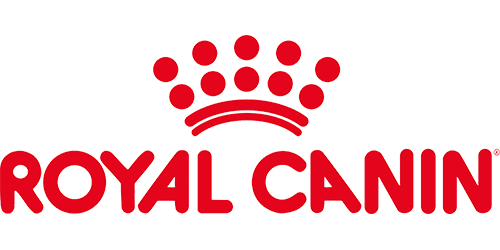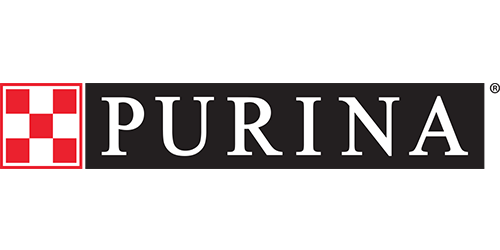Keep stress and anxiety under control
That’s right—some vet-recommended foods are formulated to help manage your dog’s stress and anxiety. How? By using ingredients, nutrients, and supplements that can have physiological benefits.
They often contain Vitamin B, which can have an indirect impact on anxiety, and alpha-casozepine and L-tryptophan, ingredients known to act on neurotransmitters in the brain to create a calming effect.
Tryptophan goes from your dog’s bloodstream to the brain (passing through the blood-brain barrier) and can be used as a precursor in the synthesis of serotonin, which plays an essential role in regulating mood, anxiety, appetite, and sleep. In that way, tryptophan acts as a natural antidepressant.
Alpha-casozepine, on the other hand, is a milk-derived bioactive peptide with a selective affinity for certain receptors in the brain, called GABA-A receptors. Through this affinity, casozepine can have an anxiolytic (anxiety reducing) effect.
Obviously, vet-recommended calming food contains enough of these ingredients for your dog (and you!) to experience the benefits.
But be aware that the active ingredient content may be calibrated for a specific weight. Ask your vet to help you pick the right food for your fretful four-legged friend.
To learn more about alpha-casozepine or L-tryptophan, read this informative post, The role of L-tryptophan/alpha-casozepine, on the Veterinary Practice website.



